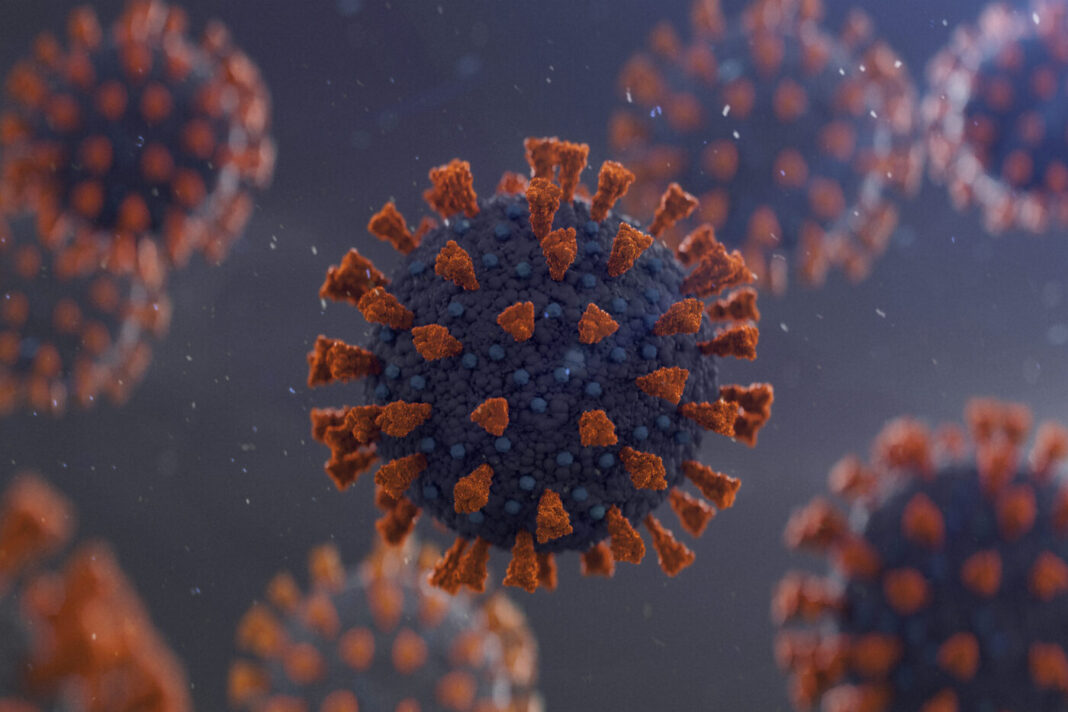The good news about vaccines and variants continues to roll in. Last week, a study reported that Johnson & Johnson’s COVID-19 vaccine protected against all of the SARS-CoV-2 variants of concern. Now, Pfizer’s COVID-19 vaccine has been shown to protect against several SARS-CoV-2 variants as well. While this is good news, the study also found that the only approved monoclonal antibody therapy for SARS-CoV-2 might be less effective against SARS-CoV-2 variants in laboratory experiments.
The research is published in the journal mBio, an open-access journal of the American Society for Microbiology, in the paper, “Convalescent-Phase Sera and Vaccine-Elicited Antibodies Largely Maintain Neutralizing Titer against Global SARS-CoV-2 Variant Spikes.”
“The vaccines provide very strong protection against the earlier forms of the virus as well as the newer variants. This is an important point because I have heard people say that they don’t think there is a reason to get vaccinated, because the vaccine isn’t going to work against the variants, but that is not true—the vaccine will work against the variants,” said Nathaniel “Ned” Landau, PhD, professor in the department of microbiology at the NYU Grossman School of Medicine.
Landau and colleagues created a panel of pseudotype viruses that combined the HIV virus and SARS-CoV-2 spike protein. Pseudotype viruses are replication-defective viral particles formed with a structural and enzymatic core from one virus and the envelope glycoprotein of another, that have been proven to be useful as research tools with little associated risk.
The researchers created a panel of pseudotype viruses using the spike proteins from six different variants of SARS-CoV-2: the alpha (B.1.1.7 lineage) variant identified in the United Kingdom, the beta (B.1.351 lineage) variant identified in South Africa, the B.1.1.248 lineage variant identified in Brazil, the COH.20G/677H lineage variant identified in Columbus Ohio, the 20A.EUs variant identified in Spain and later found elsewhere in Europe, and the Mink cluster 5 spike proteins located in minks in Denmark. They then mixed these pseudotype viruses with serum from either people who had received the Pfizer SARS CoV-2 vaccine or people who had already had COVID-19.
The researchers found that convalescent sera neutralize pseudotyped viruses with the six variants with only a small loss in titer. They also found that the Pfizer BNT162b2 vaccination worked just as well against the majority of variants as the earlier virus, but the vaccine neutralized the South African variant and the Brazil variant with a 3-fold decrease in titer, an effect attributable to the mutation E484K. The authors wrote that, overall, “the variants were neutralized nearly as well as the wild-type pseudotyped virus. The B.1.351 variant was somewhat resistant to vaccine-elicited antibodies but was still readily neutralized.” Landau said that people should not be concerned about these results, however.
“Our interpretation of the results is that the vaccine antibodies are very powerful, and even if you lose 3-fold of the titer, there is still plenty of antibody there to neutralize the virus. We believe the findings demonstrate that the vaccines will remain protective against the variants that we tested,” said Landau. “While it’s not reported in this paper, we have done the same experiments with the Moderna vaccine and got similar results.”
In another experiment, the researchers tested Regeneron Pharmaceuticals REGN-COV2, a two recombinant monoclonal antibody cocktail consisting of casirivamab and imdevimab, that has been effective at decreasing symptoms of individuals with COVID-19 and keeping them out of the intensive care unit. The researchers found that casirivamab had lost some of its neutralizing activity against the South African and Brazilian variants and the cocktail was 9- to 15-fold decreased in titer.
“One of the Regeneron antibodies is affected by the E484K mutation, and as a result the cocktail loses some of its neutralizing activity,” said Landau. “The question with this work is ‘how do the laboratory findings translate into clinical effects, that is what will happen when you treat a patient infected with one of the variants?’ We cannot say for sure. We will only know when the clinical data comes in.”
The authors noted that their work “should alleviate concerns that vaccines will become ineffective but suggest the importance of continued surveillance for potential new variants.”



